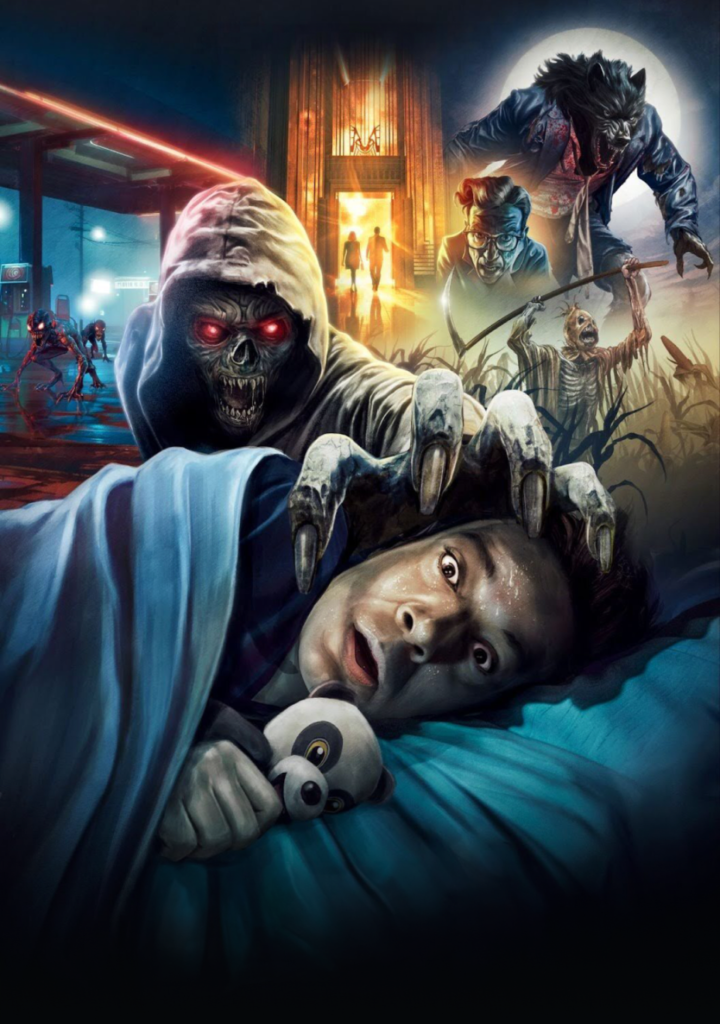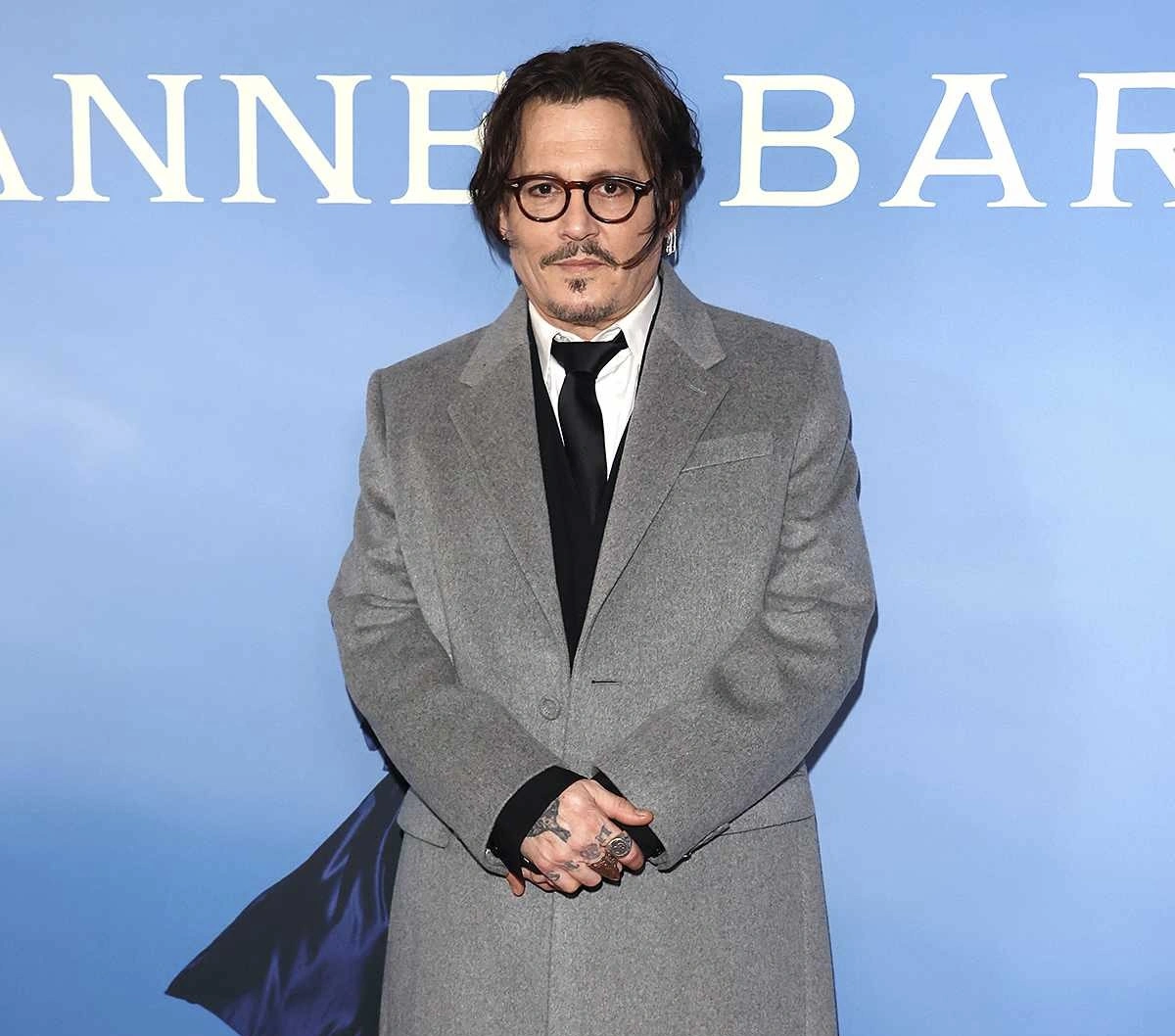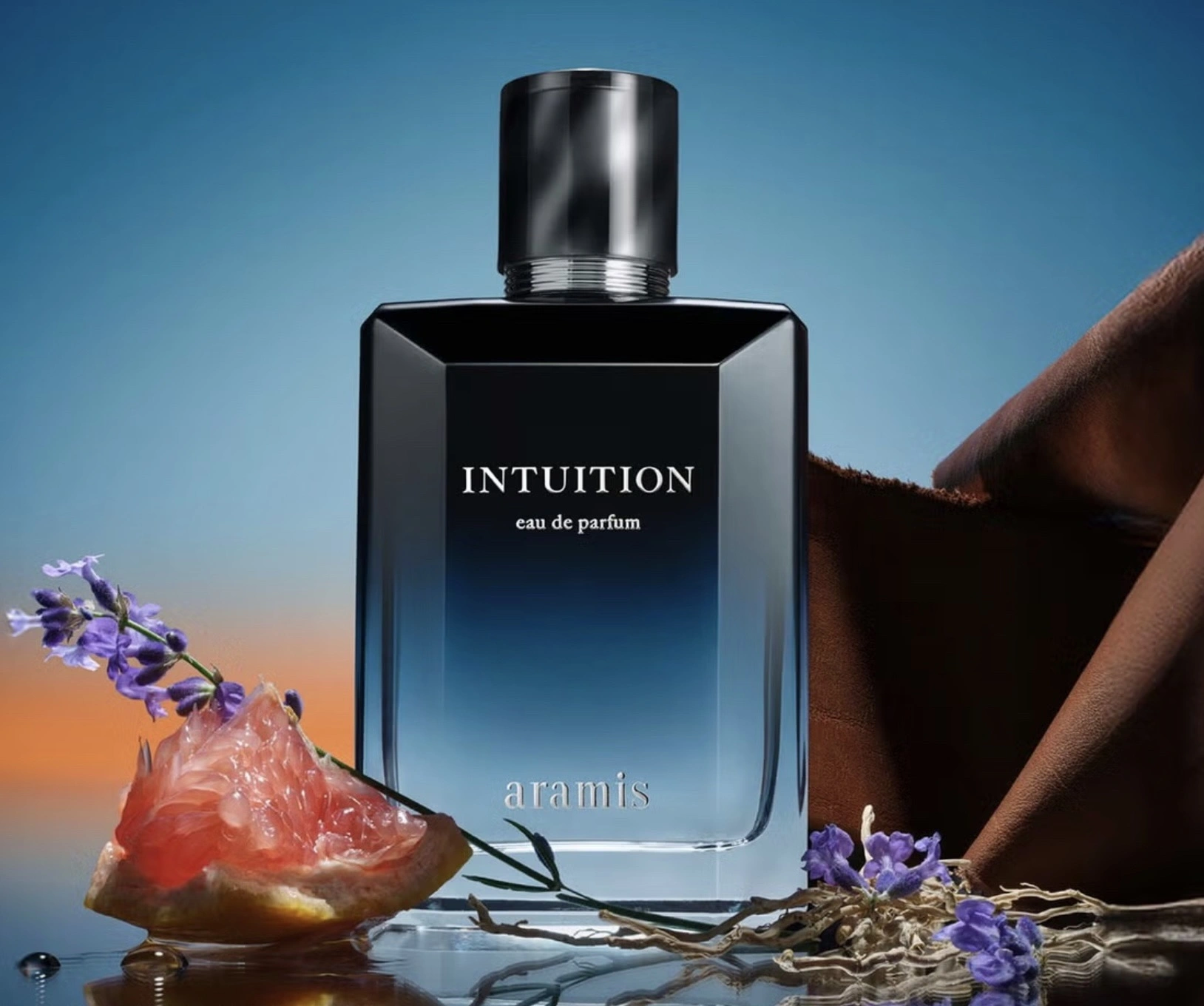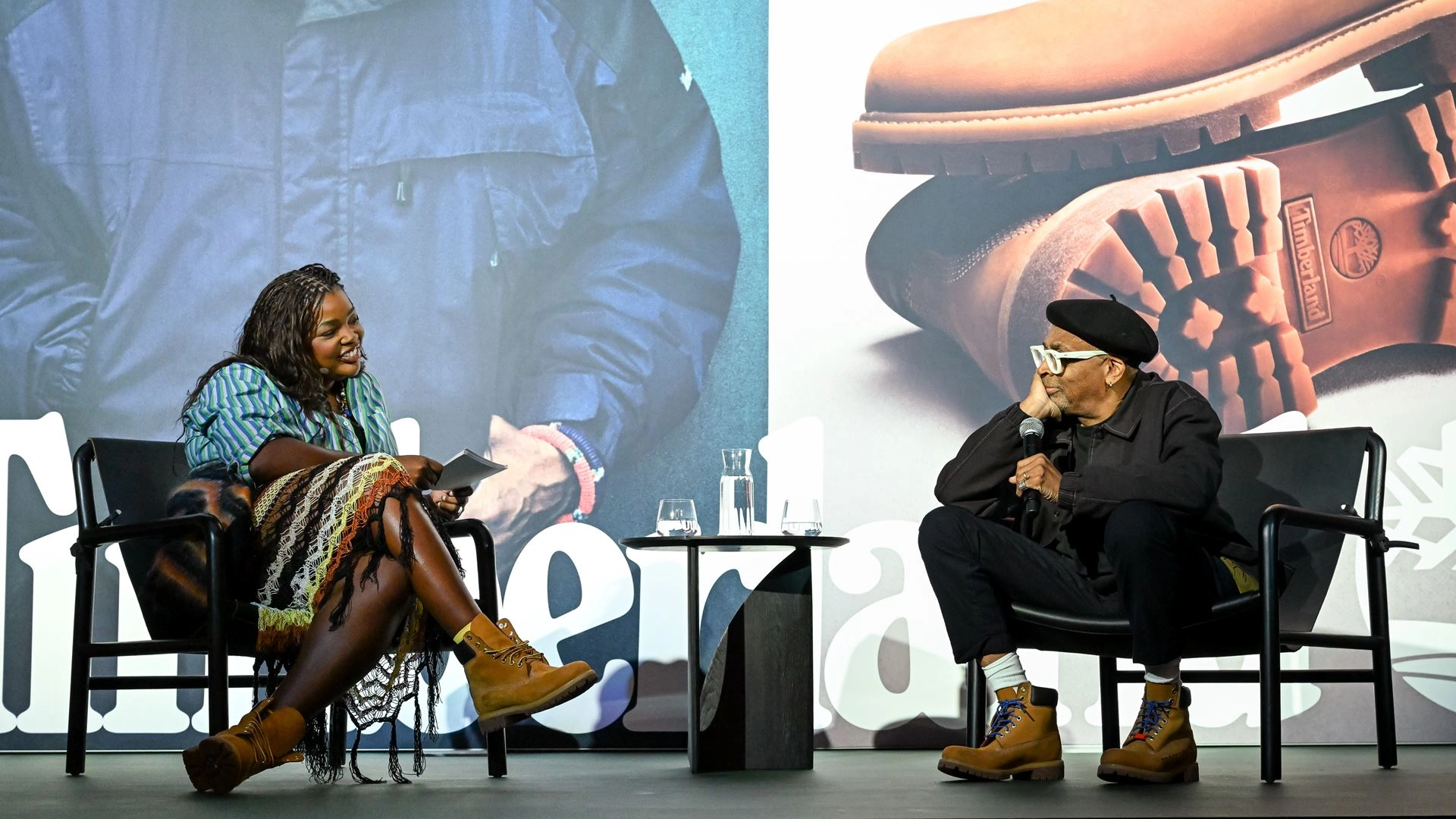Late-night television has long been an essential part of American culture, serving as a nightly escape filled with humor, celebrity interviews, and cultural commentary. For decades, hosts like Johnny Carson, David Letterman, and Conan O’Brien shaped the format, turning it into a reliable platform for both entertainment and reflection on the day’s events. However, in recent years, late-night TV has seen a marked decline, with critics increasingly pointing to one show and one host in particular: The Tonight Show Starring Jimmy Fallon.
Fallon, who took over the “Tonight Show” from Jay Leno in 2014, was initially seen as a refreshing change. Known for his boyish charm, playful sketches, and musical parodies, Fallon brought a youthful energy to the show. His early success was marked by viral moments—like his lip-sync battles with celebrities, or games like “Wheel of Musical Impressions.” However, as the years have passed, Fallon’s Tonight Show has become a target for criticism, with many viewers and critics feeling that his brand of comedy no longer resonates in a landscape where audiences crave more substance from their late-night hosts. What was once hailed as a breath of fresh air has now been labeled as “tonightmare.”
The Beginning: Fallon’s Rise to Late-Night Fame
Jimmy Fallon first made a name for himself on Saturday Night Live, where his ability to break character and infectious enthusiasm made him a fan favorite. His comedic timing, impressions, and musical talents were undeniable, leading to his own show, Late Night with Jimmy Fallon, in 2009. His version of Late Night was light, filled with games, sketches, and a variety of recurring bits, all designed to entertain rather than critique or provoke thought.
When he was announced as the successor to Jay Leno, Fallon’s ascent to the Tonight Show seemed natural. The transition was smooth, and in his early years as host, Fallon dominated the ratings. His appeal to a younger demographic—primarily through viral content—made him a standout in a crowded field that included more established names like David Letterman and the rising success of Jimmy Kimmel.
Yet, from the beginning, there was a clear distinction between Fallon’s approach and that of other late-night hosts. Fallon’s version of The Tonight Show lacked the bite that had come to define late-night TV under Letterman and, later, under Stephen Colbert and Seth Meyers. Fallon opted for fun over substance, games over political commentary. At first, this seemed to be a winning formula, but as the political landscape shifted and audiences grew more engaged with social and cultural issues, Fallon’s refusal to engage on deeper topics began to work against him.
The Trump Era: Fallon’s Missed Opportunity
The 2016 U.S. presidential election proved to be a pivotal moment for many late-night hosts, as it signaled a shift in the tone and content of late-night television. Hosts like Stephen Colbert and Seth Meyers, who took over The Late Show and Late Night respectively, leaned into political satire and commentary. Colbert, in particular, used his platform to critique the political landscape with biting humor, reminiscent of his time on “The Colbert Report”.
In contrast, Fallon stayed the course with his apolitical, feel-good approach. His infamous interview with Donald Trump in 2016, where he playfully tousled the then-presidential candidate’s hair, became a defining moment. It wasn’t just the lightheartedness of the moment that drew ire—it was the lack of awareness of the significance of the moment. In a time when many Americans were grappling with the divisive nature of Trump’s candidacy, Fallon’s attempt to humanize him by focusing on his hair felt deeply out of touch.
Fallon’s failure to read the room was a major blow to his credibility as a late-night host. The backlash was swift and severe, with many critics accusing Fallon of normalizing Trump’s behavior and downplaying the seriousness of the political climate. This moment came to symbolize the core issue with Fallon’s Tonight Show: his refusal, or inability, to engage with anything deeper than surface-level comedy.
While Fallon apologized for the incident in later interviews, admitting that he regretted the segment, the damage was done. In an era when audiences were increasingly looking for their late-night hosts to not only entertain but to reflect their anxieties, frustrations, and political concerns, Fallon’s show began to feel irrelevant.
The Decline: Repetitiveness and Lack of Growth
As the political and cultural landscape became more complex, Fallon’s formula of games and celebrity antics began to wear thin. Late-night TV has traditionally thrived on reinvention—hosts like Letterman and O’Brien evolved over time, shifting their styles and adapting to the moment. Fallon, however, has been largely criticized for his lack of growth. His reliance on the same games, musical numbers, and celebrity participation became stale as audiences grew tired of what felt like an endless loop of superficial content.
The lack of evolution in Fallon’s comedy has become particularly glaring when compared to other late-night hosts. Colbert’s Late Show has continued to thrive by balancing humor with sharp political commentary. Similarly, Seth Meyers’ Late Night has found a niche by diving deep into political and social issues through his popular segment “A Closer Look.” Even Jimmy Kimmel has found ways to balance lighthearted sketches with more serious monologues, often addressing personal or societal concerns in a way that feels genuine.
Fallon, meanwhile, has struggled to find this balance. His interviews often lack depth, and his reliance on gimmicks can make his conversations with guests feel forced or unoriginal. While the occasional viral moment still occurs, they no longer have the cultural impact they once did. In a media landscape where attention spans are increasingly fragmented and audiences are looking for more than just escapism, Fallon’s brand of comedy feels outdated.
The Criticism: Surface-Level Comedy in a Deep Time
One of the central criticisms of *”The Tonight Show Starring Jimmy Fallon” is its relentless focus on fun at the expense of substance. While there is certainly a place for lighthearted entertainment, the late-night format has historically been used as a platform to comment on the day’s events and offer satire on the cultural and political landscape. Fallon’s avoidance of controversial topics and his tendency to remain apolitical have alienated audiences who expect more from their late-night hosts in today’s climate.
Fallon’s defenders argue that there is value in escapism, and that not every late-night show needs to be political. This is a fair point—there is certainly an audience for feel-good entertainment, and Fallon’s early success proves that his brand of comedy resonates with many. However, in a time of deep political and cultural division, the idea that late-night hosts should remain neutral feels increasingly untenable. Audiences are looking for voices that reflect their frustrations, their anxieties, and their concerns. Fallon’s refusal to engage in these conversations makes his show feel disconnected from the reality that many Americans are facing.
Moreover, the repetitiveness of Fallon’s segments has led to a feeling of creative stagnation. While his games and celebrity participation were initially novel, they have become predictable. The once-fresh idea of a lip-sync battle or a game of charades has become tiresome when repeated night after night. The issue isn’t just that Fallon’s show is light—it’s that it lacks any meaningful variety.
Fallon’s Strengths: An Eye for Viral Content
It would be unfair to completely dismiss Jimmy Fallon’s strengths as a late-night host. His ability to create viral content is undeniable, and he still has a talent for bringing out a playful side of his guests that other hosts might not tap into. Fallon’s games, while repetitive, do allow for fun and unexpected moments, and his musical abilities continue to shine in segments like “Classroom Instruments” or his collaborations with The Roots.
Fallon is also undeniably likable. His infectious energy and genuine enthusiasm make him a charming host, and it’s clear that both audiences and guests enjoy his presence. In a media landscape where cynicism often reigns, Fallon’s optimism and lightheartedness can be a refreshing change of pace.
Yet, even these strengths have their limits. Viral moments alone cannot sustain a show, especially when late-night audiences are looking for more than just meme-worthy clips. Fallon’s reliance on creating shareable content has often come at the expense of deeper, more meaningful conversations. As a result, his show can feel like an extended series of YouTube clips rather than a cohesive program.
What the Future Holds: Can Fallon Adapt?
The question now is whether Jimmy Fallon can adapt to the changing late-night landscape. As viewership continues to fragment, and as audiences seek more meaningful content, Fallon will need to evolve if he hopes to remain relevant. Late-night television has always been a space for reinvention, and Fallon has the opportunity to pivot, just as many of his predecessors have done.
One possible avenue for growth is for Fallon to find a way to engage more authentically with the cultural and political issues of the day, while still maintaining his fun and playful style. Fallon doesn’t need to become a hard-hitting political commentator like Colbert, but adding more substance to his interviews and monologues could give his show the depth it currently lacks.
Fallon could also benefit from freshening up his format. Introducing new segments, experimenting with different types of humor, or even taking creative risks could help breathe new life into “The Tonight Show”. The key will be finding a balance between the lighthearted charm that made him a success and the substance that audiences are increasingly craving.
The “Tonightmare” of Creative Stagnation
In its current form, “The Tonight Show Starring Jimmy Fallon*”is facing a “tonightmare” of its own making. Fallon’s reluctance to engage with deeper topics and his reliance on formulaic segments have left his show feeling out of touch in a rapidly changing late-night landscape. While Fallon’s strengths as a performer and his ability to create viral moments are undeniable, his refusal to evolve creatively has put the future of his show at risk.
If Fallon can find a way to adapt—by adding more substance to his interviews, embracing a wider variety of comedic styles, and engaging more authentically with the cultural moment—he has the potential to revitalize “The Tonight Show”. Late-night television is an ever-evolving format, and Fallon’s charm and talent could serve him well if he is willing to take creative risks. But if he continues down the same path, Fallon’s “Tonight Show” may find itself fading into irrelevance, becoming little more than a relic of a different time in late-night television.
No comments yet.








